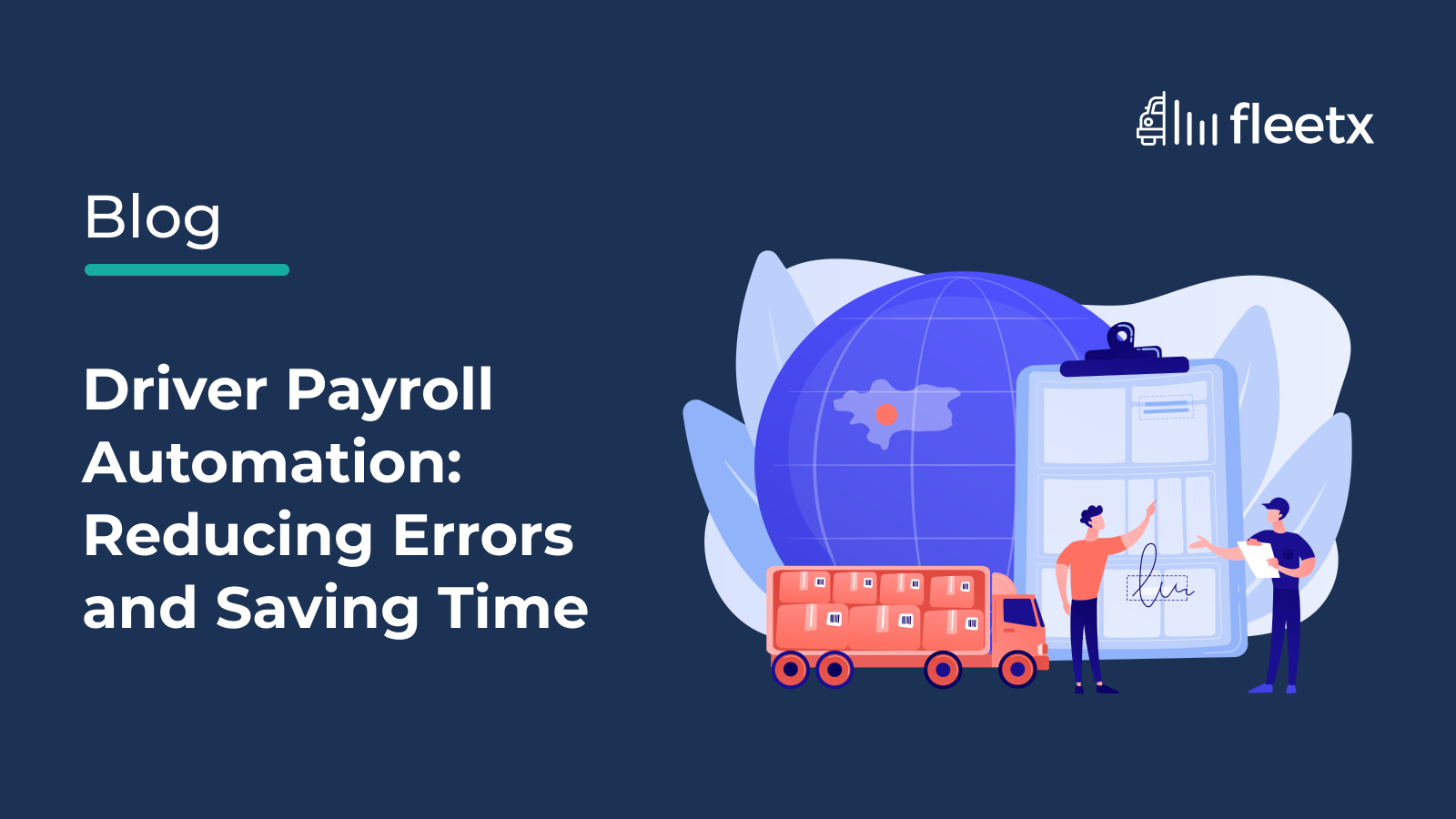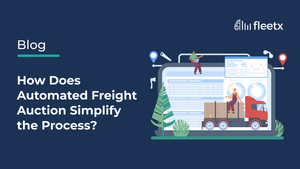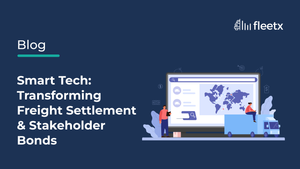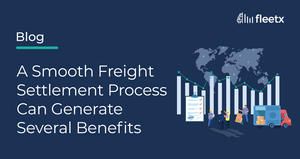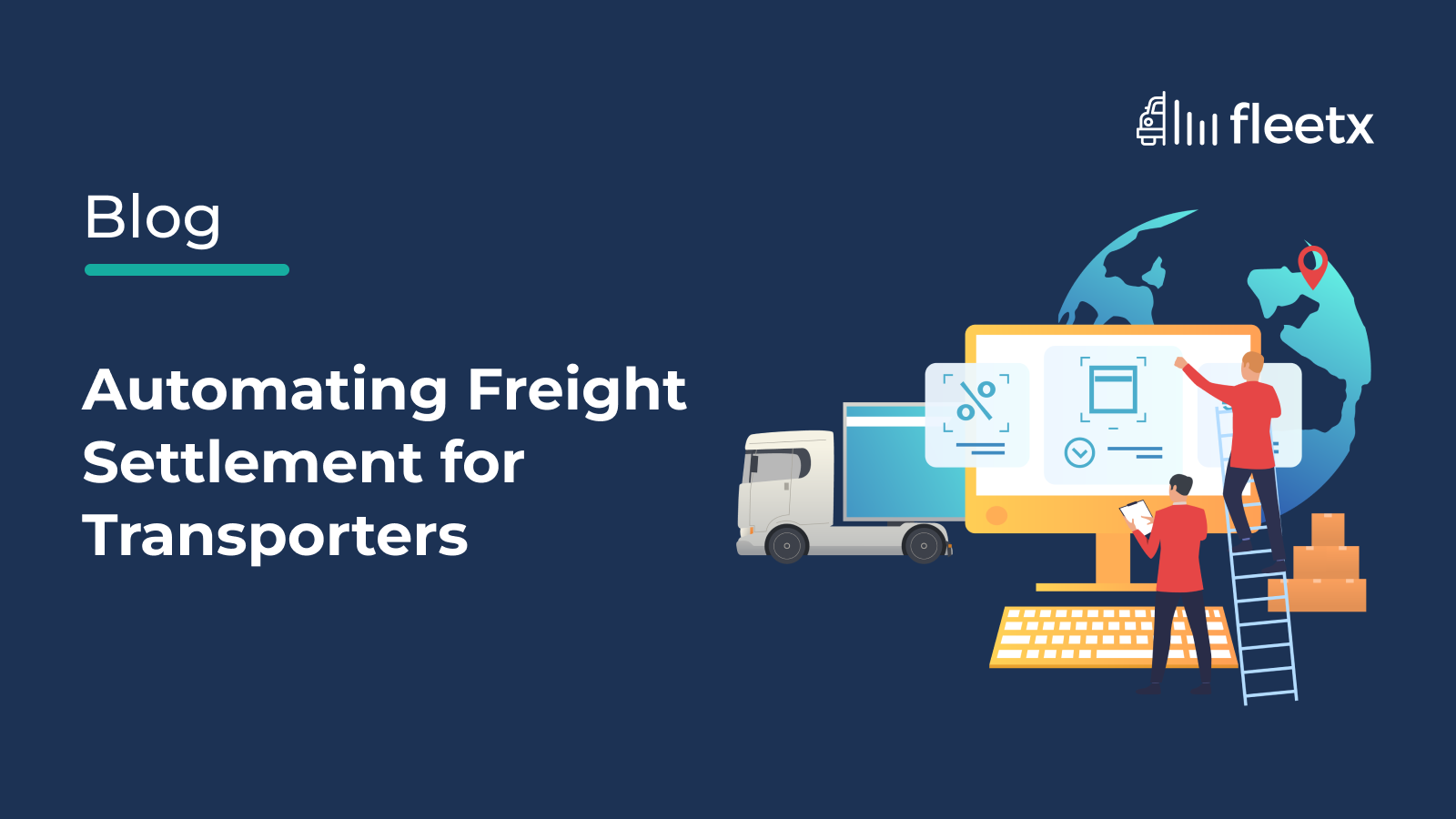
The Indian logistics industry is the backbone of the economy, ensuring the movement of goods across the country. However, one of the most time-consuming and error-prone processes in logistics is freight settlement. Traditionally, transporters and fleet owners have relied on manual methods for tracking freight costs, processing invoices, and making payments. These outdated practices often lead to delayed payments, disputes, and financial inefficiencies.
With the rise of AI and automation, freight settlement is undergoing a transformation. Smart technology solutions now allow transporters to streamline their financial processes, thereby reducing errors, improving cash flow, and enhancing operational efficiency. In this article, we’ll explore the challenges of traditional freight settlement, the benefits of automation, and how technology can facilitate a seamless and error-free payment process.
The Challenges with Traditional Freight Settlement
For years, transporters have struggled with inefficiencies in freight settlement. Here are some key issues:
- Manual Paperwork – Traditional freight settlement relies heavily on physical documents like invoices, bills of lading, and receipts. This process is slow, prone to human error, and susceptible to loss or damage.
- Delayed Payments – Payment cycles in logistics are often lengthy. Transporters wait weeks or even months to receive payments, impacting cash flow and business growth.
- Disputes and Errors – Incorrect invoicing, duplicate charges, and mismatched freight rates lead to frequent disputes between transporters, shippers, and brokers.
- Lack of Transparency – Without a centralized system, transporters struggle to track payments, monitor outstanding invoices, and resolve discrepancies efficiently.
- High Administrative Costs – Companies spend excessive time and resources on processing invoices and managing payment approvals.
These challenges highlight the urgent need for an automated, technology-driven solution to simplify and accelerate freight settlement.
The Solution: Automating Freight Settlement with Smart Technology
Automation and AI-powered tools are revolutionizing the logistics sector by eliminating manual inefficiencies and optimizing freight settlement. Here’s how automation can help transporters:
1. Digital Invoicing and Documentation
Automated freight settlement platforms digitize invoices and transport documents, eliminating the need for physical paperwork. AI-powered systems can generate and verify invoices in real time, ensuring accuracy and reducing errors.
2. Faster Payment Processing
By integrating automated payment solutions with their existing platform(s), transporters can reduce the waiting period for payments. Smart contracts and AI-driven payment verification ensure that funds are released promptly upon delivery confirmation, improving cash flow.
3. AI-Powered Freight Auditing
Automated systems use AI to cross-check freight invoices against delivery records, contract terms, and GPS tracking data. This helps identify discrepancies instantly, thereby reducing disputes and ensuring fair settlements.
4. Real-Time Tracking and Transparency
A cloud-based freight settlement system allows transporters to track invoices, pending payments, and transaction histories in real time. This transparency fosters trust and ensures smooth collaboration between transporters, shippers, and brokers.
5. Integration with Accounting and ERP Systems
Freight settlement automation solutions can integrate with existing accounting software and enterprise resource planning (ERP) systems. This seamless connection streamlines financial reporting, tax compliance, and overall financial management.
6. Cost Reduction and Efficiency Gains
Automating freight settlement significantly reduces administrative costs by minimizing manual data entry and paperwork. With AI handling invoice verification and payment approvals, transporters can focus more on business growth rather than back-office operations.
Conclusion
As India’s logistics industry continues to grow, transporters must embrace technology to stay competitive. Automating freight settlement eliminates delays, reduces disputes, and improves financial efficiency, ensuring transporters receive timely payments for their services.


